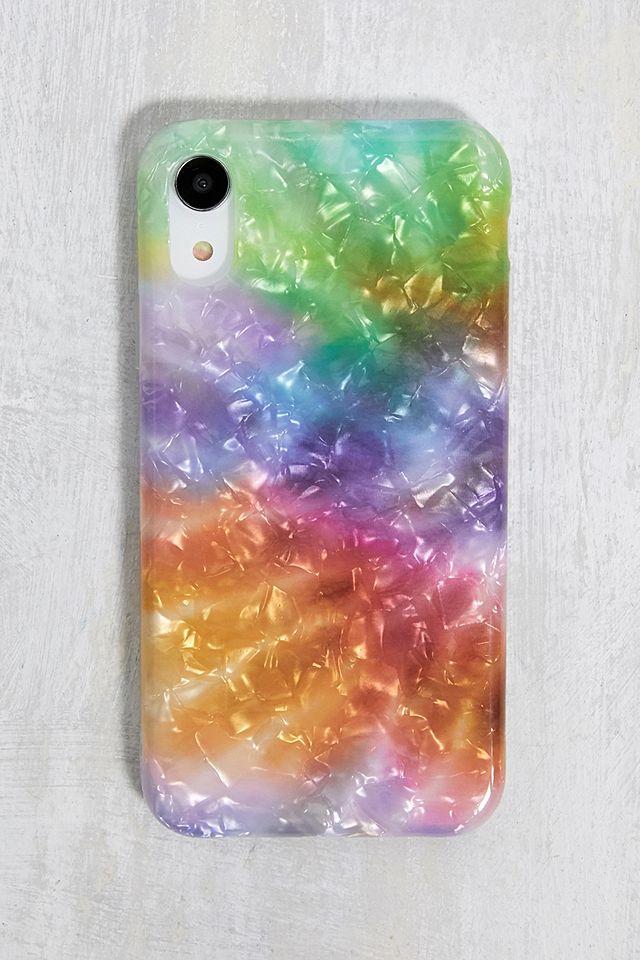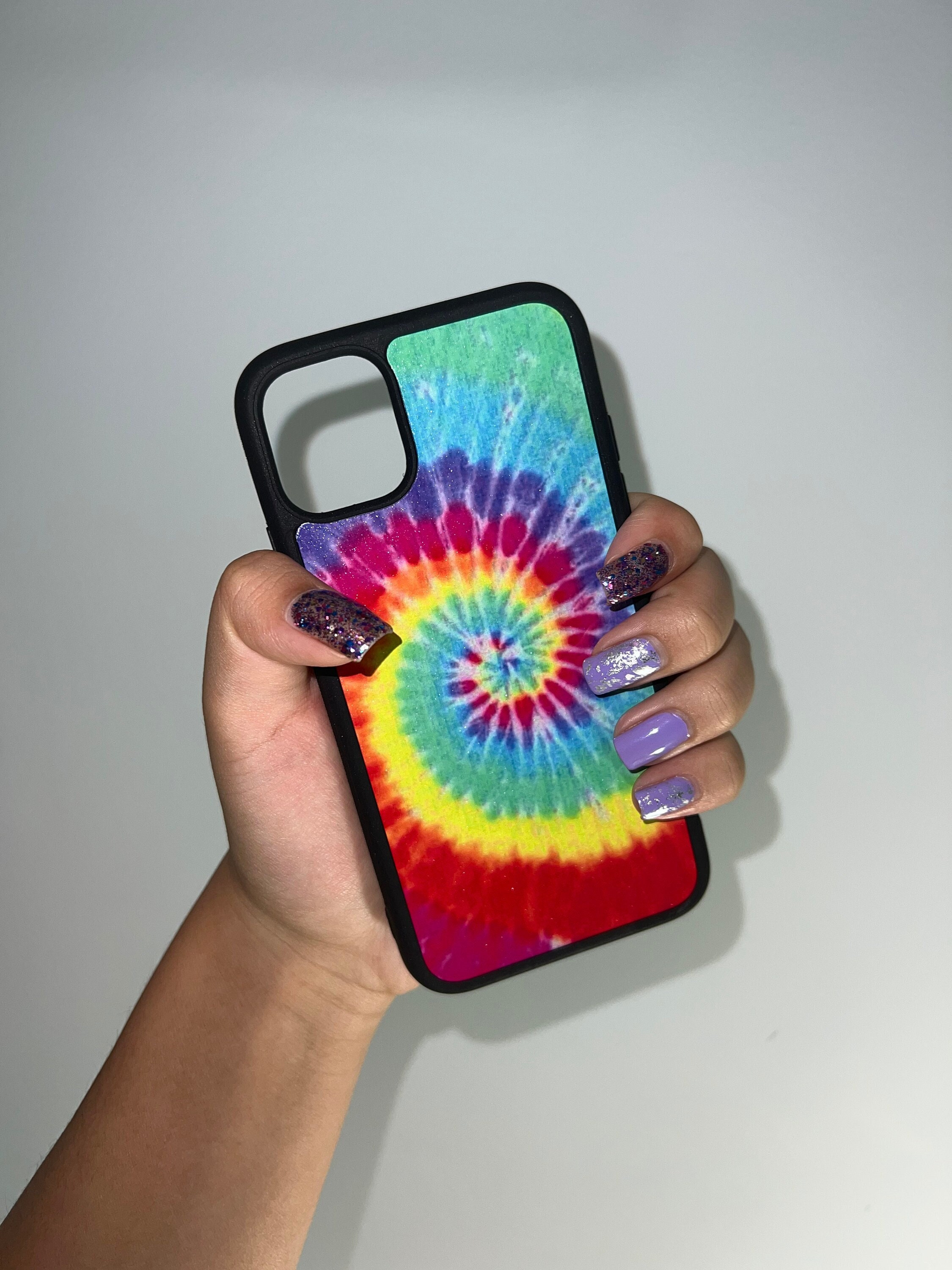
onn. Fashion Phone Case for iPhone 11, iPhone XR - Tie-Dye - Walmart.com | Fashion phone cases, Pretty iphone cases, Phone cases

Tie Dye Rainbow Case for iPhone 11,11 Pro,11 Pro Max, iPhone X, XR, iPhone 7/8,7/8 Plus, Flexible TPU Shockproof Protective Case Cover: Amazon.co.uk: Electronics & Photo





















